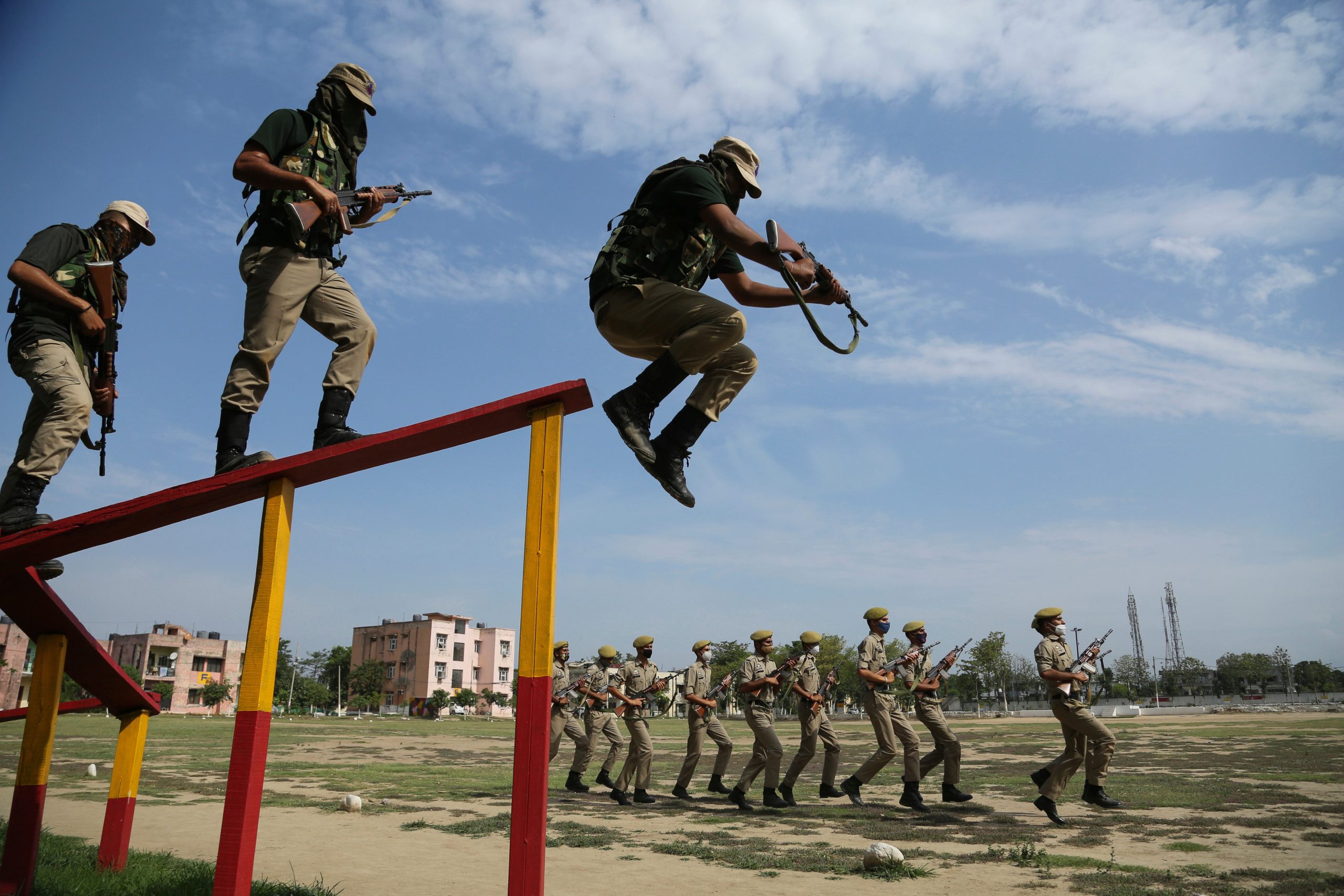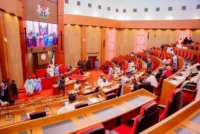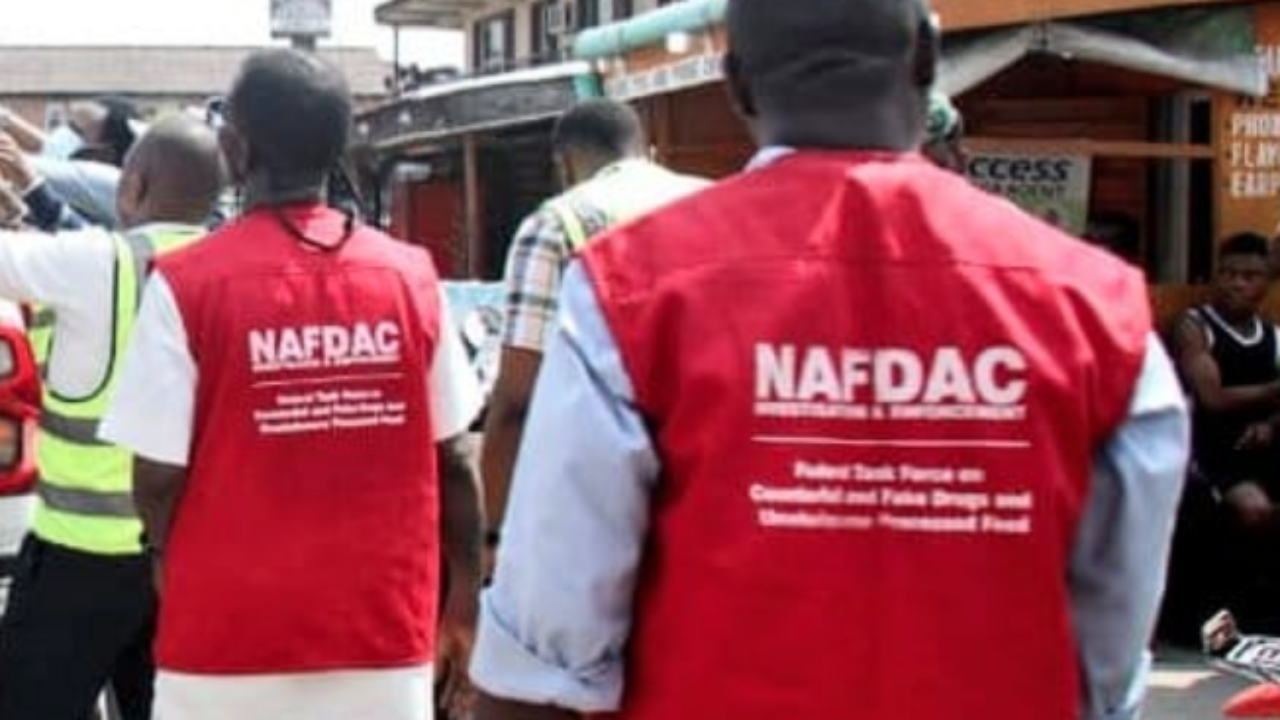India reported responding to “unprovoked” small arms fire from multiple Pakistan Army posts along the 740-km Line of Control (LoC) in Kashmir, marking the fourth consecutive night of such exchanges since a deadly militant attack on tourists in Pahalgam on April 22, as reported by Daily Post, Reuters, The Hindu, and Al Jazeera. The attack, which killed 26 people, mostly Hindu tourists, and injured over 20, was among the deadliest in Indian-administered Kashmir since 2000, prompting India to accuse Pakistan of sponsoring terrorism—a charge Islamabad denies, calling for a neutral probe, per Reuters and AP News.
The Indian Army stated that the latest firing, initiated around midnight on Sunday in areas opposite Kupwara and Poonch districts, was met with “effective” small arms retaliation, with no casualties reported, per ANI and India Today. Pakistan’s military has not commented, though a Pakistani official in Azad Kashmir confirmed exchanges in Leepa Valley without civilian casualties, per AFP and The Guardian. India identified two of three suspected militants as Pakistani nationals, affiliated with The Resistance Front, an offshoot of the UN-designated Lashkar-e-Taiba, alleging cross-border linkages, per The Hindu and Wikipedia. Kashmir police offered a ₹2 million ($23,800) bounty for their capture, per The Guardian.
The Pahalgam attack, claimed by the Kashmir Resistance, sparked outrage in India, with Prime Minister Narendra Modi vowing to pursue the culprits “to the ends of the Earth,” per NPR and Times Now. India’s response included suspending the 1960 Indus Waters Treaty, closing the Attari-Wagah border, expelling Pakistani diplomats, and revoking visas, citing Pakistan’s failure to curb cross-border terrorism, per India Today and BBC News. Foreign Secretary Vikram Misri stated, “The resulting security uncertainties have directly impeded India’s full utilisation of its rights under the treaty,” per The Hindu. Water Resources Minister C.R. Paatil declared, “We will ensure that not a single drop of the Indus River’s water reaches Pakistan,” a move Pakistan called an “act of war,” per Reuters.
Pakistan retaliated by closing its airspace to Indian airlines, suspending trade, expelling Indian diplomats, and holding the 1972 Simla Agreement in abeyance, per Al Jazeera and Wikipedia. Prime Minister Shehbaz Sharif’s office rejected India’s allegations as “frivolous,” asserting Kashmir’s unresolved status and condemning the attack, per The Hindu. The airspace closure has disrupted Indian carriers like IndiGo and Air India, increasing flight times and costs for U.S. and Europe routes, per Reuters and NPR. Pakistan warned that any water flow disruption would trigger a “full spectrum” response, given its dependence on the Indus for agriculture and hydropower, per The Guardian and TIME.
India’s military response has intensified, with Army Chief General Upendra Dwivedi overseeing security reviews in Srinagar and Udhampur, deploying INS Vikrant to the Arabian Sea, and conducting air and naval drills, per Wikipedia and The Hindu. Search-and-destroy operations target three suspects, with two militant homes demolished in Pulwama and Kulgam, per AP News. Engagements in Udhampur’s Dudu Basantgarh on April 26 killed two militants and one Indian soldier, per Wikipedia. X posts, including @ANI and @RealBababanaras, reported heavy LoC firing, with unverified claims of Pakistani casualties, reflecting heightened public tension.
The UN, through spokesperson Stéphane Dujarric, urged “maximum restraint” on April 24, while U.S. President Donald Trump downplayed the crisis, saying, “They’ve had that fight for 1,000 years in Kashmir,” per The Hindu. Legal experts, like Pakistan’s Ahmer Bilal Soofi, argue India’s treaty suspension lacks legal basis, as the treaty requires mutual modification, per Al Jazeera. Water expert Daanish Mustafa dismissed fears of immediate water cutoff due to geographical constraints, per NPR. However, analysts warn of escalation risks, with Pakistan’s Foreign Minister Ishaq Dar promising a “tit-for-tat” response to any military action, recalling the 2019 Balakot skirmishes, per The Guardian and Wikipedia.
The crisis, rooted in the April 22 attack, has unraveled decades-old agreements, pushing India-Pakistan relations to their lowest point since 2019, when a Pulwama attack killed 40 Indian personnel, prompting Indian airstrikes, per Wikipedia. With both nations conducting military exercises and India alleging Pakistani military intelligence support for militants, the situation remains volatile, threatening further diplomatic and military fallout, per NPR and The New York Times.












Why does India always have to respond with force? Cant diplomatic solutions be explored first? Just a thought.
This article misses the point! India should focus on peace talks instead of escalating tensions. War isnt the answer.
Isnt it time for both India and Pakistan to prioritize peace over conflict? Lets break this cycle of violence once and for all.
Is it really necessary to escalate tensions further? Cant we find a peaceful solution instead? War isnt the answer.
I believe India should prioritize peace talks over retaliatory measures to avoid further escalation in tensions with Pakistan.
I think India should focus on diplomatic solutions rather than escalating tensions further. War is not the answer.
Do you think Indias response is justified or could it escalate tensions further? Curious to hear everyones thoughts on this sensitive issue.
This situation is like a never-ending game of chess between India and Pakistan. Will there ever be a checkmate?
Do you think Indias response is justified or just adding fuel to the fire? Lets discuss!